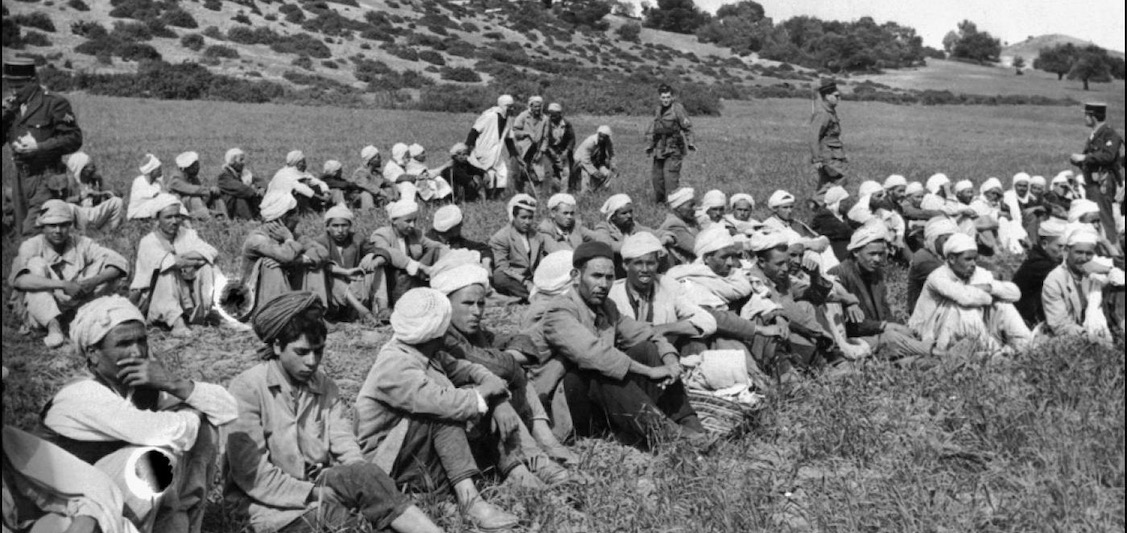by ADLENE MEDDI

Between 500,000 and 1.5 million Algerians died in the war for independence, but the French don’t like to talk about it.
“The return of the archives of the colonial era to Algeria has been a major demand of independence fighters.”
French President Emmanuel Macron recently received a much anticipated report on France’s 132-year colonial rule of Algeria and the war that led to Algeria’s independence in 1962, as part of an effort towards reconciliation of historical memory between the two countries.
A specialist of contemporary Algerian history, French historian Benjamin Stora, was tasked by Macron in July with “making a precise and just inventory of the progress done in France of colonization and the Algerian war,” which remain painful subjects for millions of Algerian and French citizens nearly 60 years later.
Algerian President Abdelmajid Tebboune had also tasked his advisor and director of national archives, Abdelmajid Chikhi, to coordinate with Stora on the issue of memorialization.
France ruled over Algeria from 1830 to 1962, and many details of the bloody war of independence between 1954 and 1962 — which is believed to have killed between 500,000 and 1.5 million Algerians — remain unknown today.
While Macron is already set to participate in three different ceremonies in 2022 to mark the 60th anniversary of the end of the Algerian war, the Elysee Palace has already announced that there would be “neither repentance nor apologies” for France’s actions at the time.
“Words” and “actions”
The French presidency has chosen, at Stora’s recommendation, to engage in a “process of acknowledgment”, while saying “there is no plan for repentance” or “presenting excuses” – arguing that past examples, such as Japan’s excuses to South Korea and China for crimes committed during World War II, did not necessarily lead to full reconciliation.
“Rather than ‘repentance’, France should recognize the discrimination and exactions of which Algerian populations were the victims, and put forward precise facts,” Stora wrote in his report, seen by Middle East Eye. “The excesses of a culture of repentance, or mollifying visions of a history trapped by memorial lobbies, do not contribute to appeasing the relationship to our past.”
These statements may come as somewhat of a surprise to some given Macron’s denunciation of colonialism as a “crime against humanity” during a visit to Algiers in 2017, when he was then only a candidate for the presidency.
In July, Tebboune had told news channel France 24 that he “hoped” France would take stronger measures to acknowledge its wrongdoings in Algeria.
“We have already received half-excuses. Another step needs to be taken” he said. “This would appease the mood and make it more amenable for economic relations, cultural relations, and neighborly relations.”
The Elysee emphasized that Macron “did not regret” his comments from four years ago. “There is nothing more to add, however, there is a lot to do,” the French presidency said, adding that “there will be words” and “actions” from Macron “in coming months”, as the Stora report is analyzed by the government in more depth.
Commemorations and the restitution of skulls
Among the actions suggested by the Stora report is the creation of a joint Franco-Algerian “memory and truth” commission to push forward initiatives between the two countries on the issue.
Black Agenda Report for more
